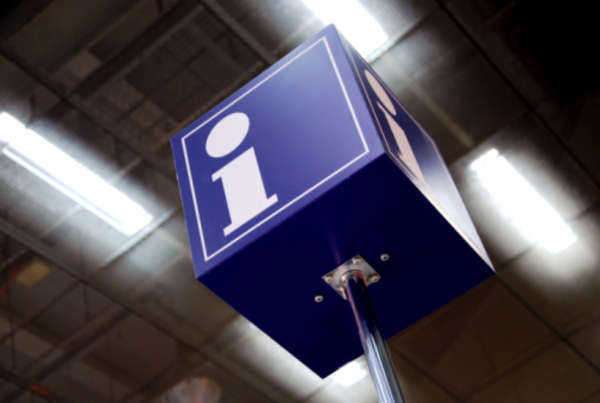What are Juvenile Crimes?
What is Juvenile Crimes?
The classification of criminal activities as ‘Juvenile Crimes’ lacks a specific regulatory standard. Due the fact that Juvenile Crimes are considered to be a broad topic within the legal scope of criminal law, a variety of applicable subgenres exist in order to quantify punitive recourse and sentencing. While the nature and severity of the crime in question are taken into consideration, individual criminal history and records are also primary factors latent within the sentencing. However, circumstances exist that crimes committed by juveniles or minors might still be tried as if they were committed by a legal adult.

Juvenile Crimes Offense Profile
Legal Jurisdiction: Criminal Law; can be associated with virtually any type of crime
Type of Crime: Misdemeanor or Felony – varies upon the nature of the crime
Criminal Code: Varies upon the location of the crime, including the applicable country, nation, state, or province
Range of Punishment(s): Fines, probation, associated penalties, or incarceration – varies upon case details
Duration of Punishment(s): Varies upon case details
Applicable Punishment(s): Varies upon individual intent, criminal record, criminal history, and the victim(s) involved. The level of participation latent in the Juvenile Crimes offense is typically analogous with the severity of the sentencing. Typically, the age of the individual suspected of the crime, the age(s) of the victims, and the nature of the crime with dictate the following:
The possibility of expungement with regard to future criminal record(s)
The trial of the individual as a legal adult or legally-classified minor
If applicable, the nature of subsequent incarceration
The necessity for the presence of a guardian or custodian during the trial
Legal Classification of a Juvenile
In the legal spectrum, a juvenile is defined as a minor or child who is below the age of legal adulthood. Although the stipulations correlating to minors vary by locational statutes, minors are allowed the same legal and human rights as adults. The following can be used to identify a minor or an individual legally classified as a juvenile:
The need for a legal guardian or custodian
The inability to sign a legal contract
The inability to sign any legal documentation without a consenting adult
An individual who is below the age of consent
Juvenile Crimes Allegations: Terminology and Associated Offenses
The following are commonly associated with charges of Juvenile Crimes:
Juvenile Delinquent: A minor who is considered to be unable or unwilling to behave in a legal, ethical manner. Typically, juvenile delinquents maintain a criminal record illustrating multiple offenses prior to adulthood.
Age of Consent: This is defined as the age at which an individual can lawfully and legally consent to the engagement in sexual activity and/or marriage without the presence of a guardian, adult, or custodian. The age of consent varies from state-to-state and country-to-country.
Juvenile Detention Center: A correctional facility in which juveniles or minors are incarcerated.
Arrest Process for Juvenile Crimes
Individuals who have been served documentation in the form of an arrest warrant displaying an Juvenile Crimes charge, or have already been arrested by law enforcement agents, are encouraged to cooperate with the arresting officers regardless of personal belief with regard to the charges. Individuals under arrest will be given the opportunity to consult with legal specialists subsequent to the arrest process. Resisting or fleeing from a Juvenile Crimes arrest can result in harm, injury, and additional penalties.
The Preparation for a Defense Involving Juvenile Crimes
Individuals are encouraged to consult with attorneys specializing in criminal law and, if possible, those who focus on minor law, criminal law, as well as the applicable specialty applicable to the nature of the crime in question.